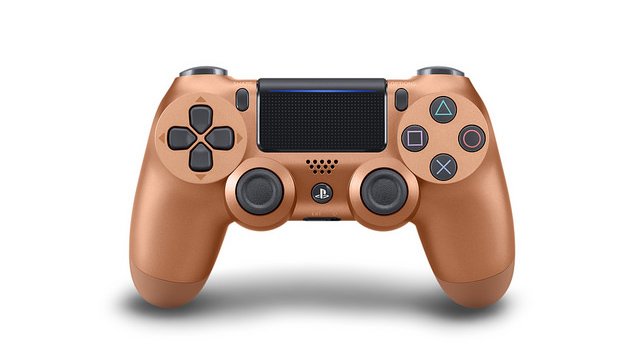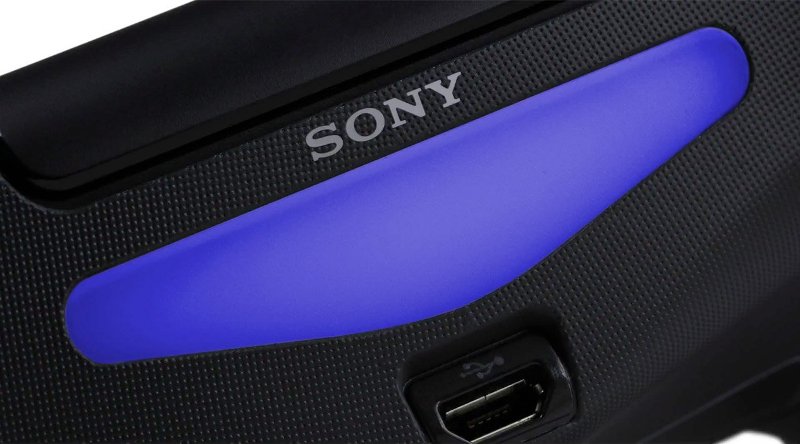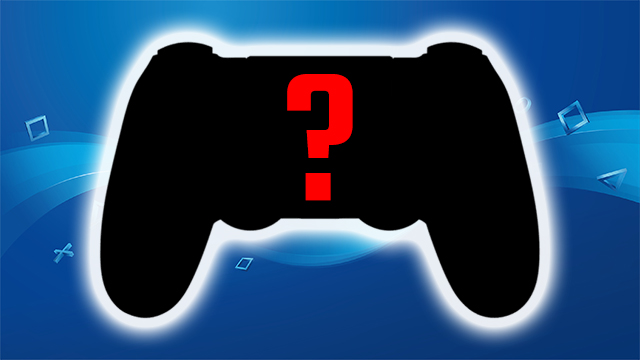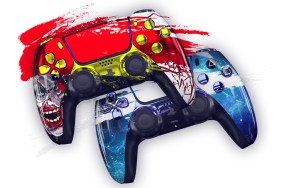Sony’s unveiling of the PlayStation 5 hasn’t been the standard marketing rollout that players have come to expect from gaming companies. Instead, we’ve seen two sit-down interviews with Wired that discussed a lot of the tech behind the console and what sort of additions will be found in the currently unnamed controller that will probably be called the DualShock 5. Sony Interactive Entertainment President and CEO Jim Ryan reiterated these new features over at the PlayStation Blog and unveiled that the PS5 controller will feature both haptic feedback and adaptive triggers. And these are not just small additional features.
It’s easy to dismiss these as Sony has a track record of adding in superfluous hardware that largely go unused by most games, such as the DualShock 4’s light bar, speaker and touchpad, and the PlayStation Vita’s rear touchpad. Sure, a few games shoehorned in functionality for those features at the beginning but they quickly became a forgotten input for most. However, one shouldn’t expect the new PS5 controller’s new features to be forgotten just as quickly. Both haptic feedback and the adaptive triggers should have more staying power since they can be used widely across a number of genres rather than having to be a design focus.
ALSO: 10 best PS Now games that new subscribers should play
Both features share one thing in common: the purpose of making gaming feel more immersive. Sony’s Jim Ryan did a great job of outlining how both new features will aid games that feature vehicles in them. For example, the feeling your hands will receive from driving through a rough area with bumps and rocks will differ greatly from a paved surface meant for driving. Players will also get to feel an accelerating vehicle as it makes its way through the terrain. This will help players connect with environments in a new way, as gaming won’t just rely on visuals and audio to immerse players. By adding in another dimension, players get to actually touch the world (and the Senran Kagura developers are probably already bursting with ideas of how to use it).
Both adaptive triggers and haptic feedback give the PS5 controller an identity

The most exciting addition is the inclusion of haptic feedback, which will be replacing the rumble technology from previous DualShock controllers. There wasn’t all that much to that tech, as it was just weighted, vibrating motors placed inside the controllers. While Sony hasn’t gone into the tech specifics of how its new controller works, these new haptic motors will be able to give off a wider range of sensations to players. For example, taking an attack that does a few hit points of damage could feel drastically different to the one that deals the final blow. It’s all up to developers to come up with inventive ways to use this functionality, but it’s already easy to see how they can implement it into existing genres.
Adaptive triggers are the other feature and will allow studios to program the amount of resistance players feel from the triggers when pressing down. As Ryan said in his message to fans, this means they can replicate the feeling of pulling back on a bow and getting a real sense of tension. It remains to be seen how developers will use this, but it’s certainly a cool piece of technology that will help differentiate the upcoming generation of gaming. Kojima’s mind is probably already thinking of new ways to utilize adaptive triggers.
Both of these additions can easily be applied to a wide variety of tasks, given how often controllers vibrate and the uncountable amount of times the triggers are pulled. Given each’s ubiquity in the moment to moment action of most games, there’s a greater range of potential for these features to find interesting uses. This is the opposite of the touchpad as a big button like that doesn’t quite have a place in the grand scheme of most games. Core gameplay systems like shooting a gun or swinging an axe are located on the triggers while the map is usually on the touchpad. One is going to be used a lot more often than the other so focusing on that more frequently used button is a solid idea.
But beyond their in-game functionality, these new features give the future PS5 controller a much-needed selling point. After all, we already know that PlayStation 4 games will work on the system, so Sony will need to give players an extra incentive to upgrade to the new controllers rather than just playing everything with their old ones. Even if the functionality doesn’t change the way we look at gaming, it will be enough to up-sell plenty of players into buying an extra controller at launch. This is a business after all, and technology is obviously created in order to be sold and generate revenue.
The PS5 controller new features won’t go the way of the light bar

One positive sign for haptic feedback is that we’ve already seen it displayed in a lesser manner on Nintendo Switch via the Joy-Con’s “HD rumble.” Switch owners know just how impressive it can be when used correctly and how it can help major moments in games stand out more than they would without it. Aside from a few mini-game collections (1-2-Switch and Super Mario Party being the prime examples), games aren’t built around HD rumble, but rather aided by the technology. It’s safe to assume that the PS5 controller’s haptic feedback will see a similar reception as developers use it to aid their titles in inventive ways that serve as nice touches of polish to a greater experience.
Of course, there is one major hurdle that stands in the way of both of these features becoming commonplace in all of the PS5 releases: whether or not Microsoft includes such features in its next controller. It would be possible, as some multiplatform games have shown with the Xbox One’s unique impulse triggers, but harder for developers to take advantage of extras that are on only one console. That’s one of the key reasons why the DualShock 4 touchpad was so rarely used as making it a core function meant spending more time on just one version over the others. There has to be a degree of standardization for these changes to make sense, and it is likely that Microsoft will follow suit as the Xbox One controller already features more advanced rumble and impulse triggers. This is the next logical step for both console makers, and that should create a new norm going forward.
While neither haptic technology nor adaptive triggers will completely change how players experience the games they play, they will add extra layers that will help immerse players into the digital worlds they dive into. From an added a sense of realism of feeling the ground while driving to in-game actions feeling much more tactile, there’s a lot of value in these additions. Much like the PlayStation 5 itself, it probably won’t reinvent the medium but it will allow for it to be better than ever and move gaming forward just one adaptive trigger at a time.











